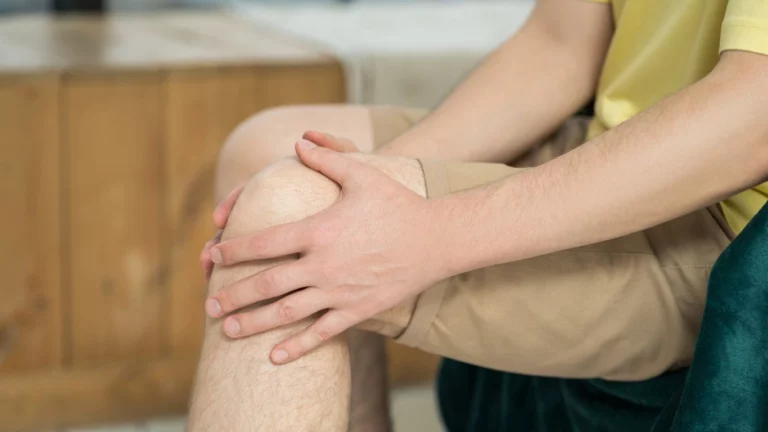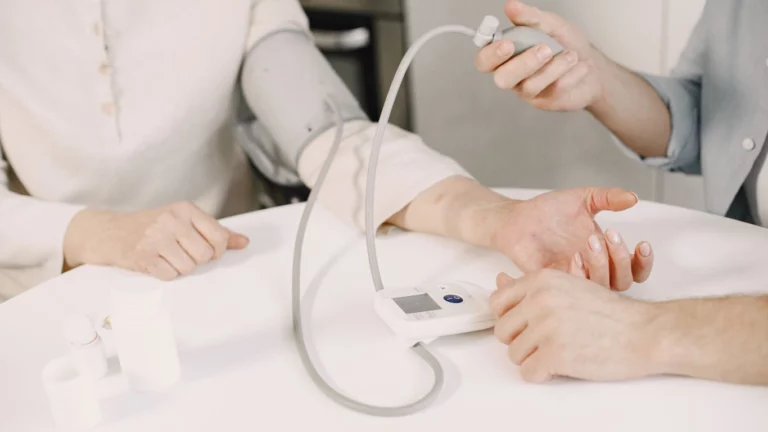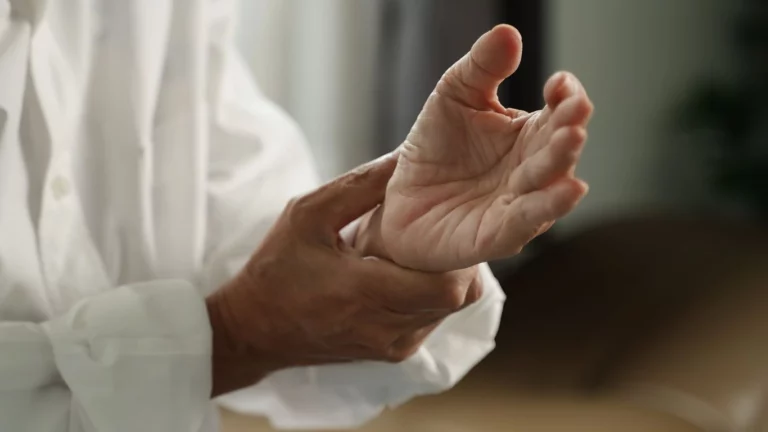Herbal Remedies for Anxiety That Actually Make a Difference
I’ll be honest—when I first heard someone say “herbal remedies for anxiety,” I rolled my eyes. It sounded like one of those wellness trends that promises the moon and delivers mint tea. But after years of navigating anxiety—the sleepless nights, the racing thoughts, the full-body tension—I started getting curious. I wasn’t looking for a miracle. I was just looking for something to take the edge off without always turning to prescription meds. Turns out, herbs have a lot more credibility (and science) behind them than I realized.
Why People Turn to Herbal Remedies for Anxiety
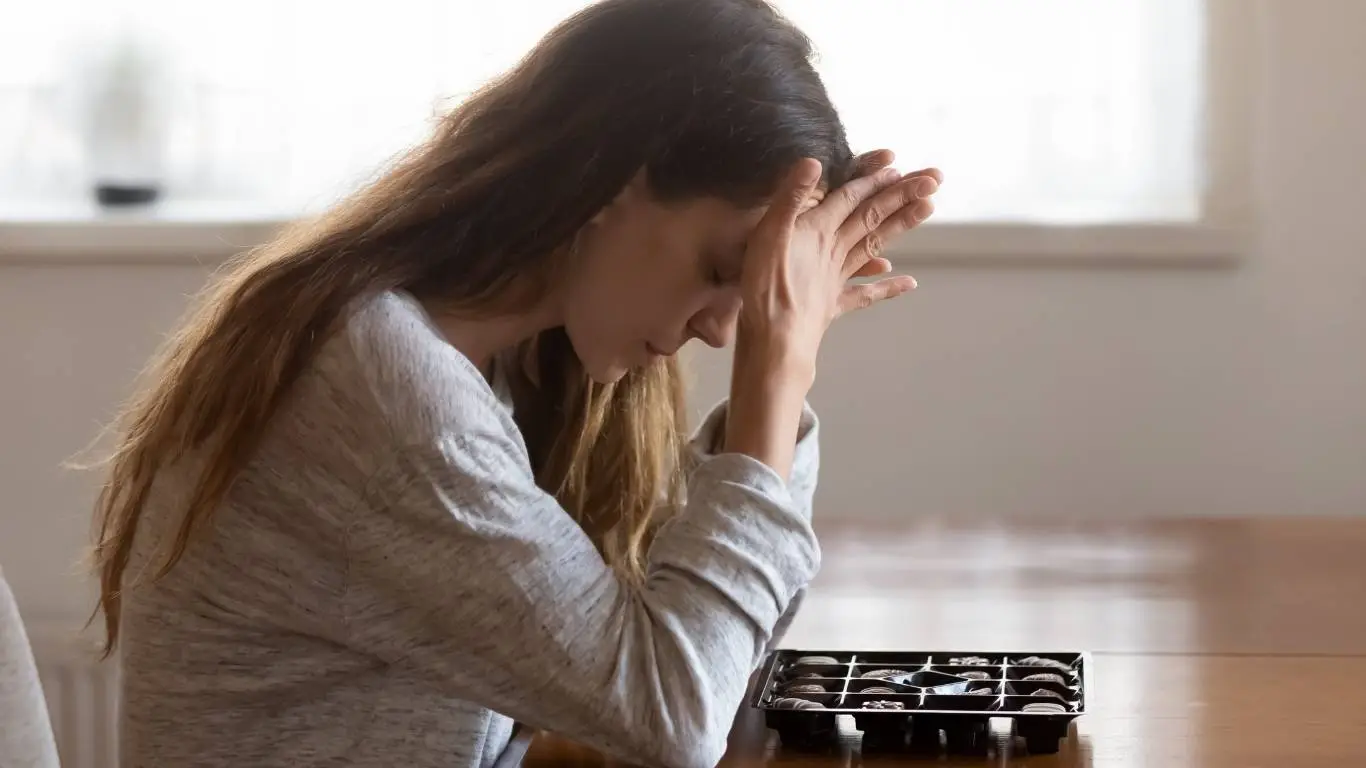
Let’s face it—dealing with anxiety can feel like a full-time job. For many of us, prescription medications help. But they’re not the only option. Some people experience side effects, others want to try gentler approaches first, and many of us just want a more natural way to support our bodies.
Herbal remedies have been used for centuries to soothe the nervous system. Modern science is catching up, too. According to National Institutes of Health publications, certain herbs show potential in reducing symptoms of anxiety, especially mild to moderate forms. It’s not about “curing” anything—it’s about creating small, manageable shifts in how you feel day-to-day.
What Makes Herbal Remedies Appealing?
- Natural origin: Many people feel more comfortable trying something plant-based over synthetic medication.
- Fewer side effects: While not always side-effect free, herbs generally have a gentler profile.
- Accessibility: You can find many of these in health stores, teas, or even your kitchen.
- Holistic benefit: Some herbs support more than just anxiety—like sleep, digestion, or energy.
I’m not saying herbal remedies are magic. But when used intentionally and consistently, they can absolutely become a part of your mental wellness toolkit.
The Most Trusted Herbal Remedies for Anxiety (That I’ve Actually Tried)
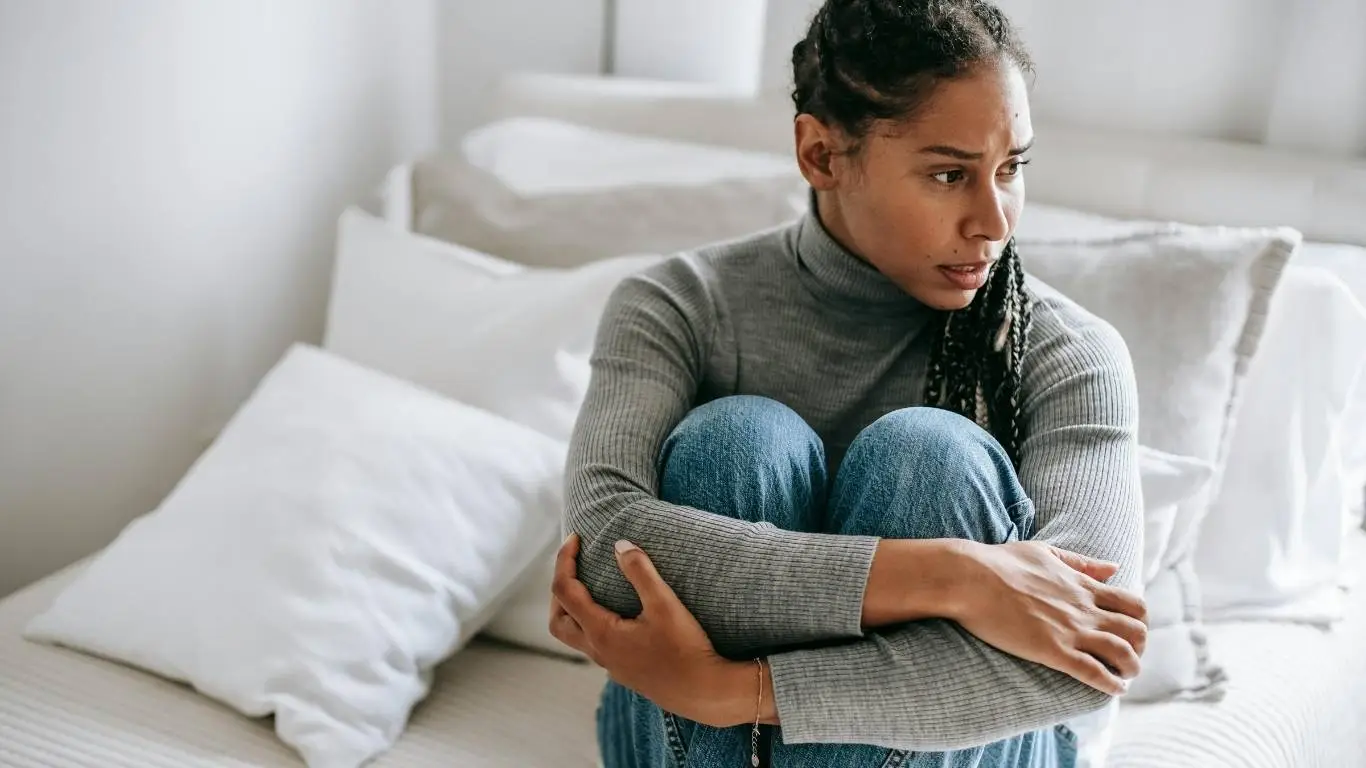
Let’s break down some of the herbs you’ll hear about most often in the anxiety space. I’ve personally experimented with quite a few of these—some worked better than others, and some took a little trial and error to find the right dosage or form.
1. Chamomile (Matricaria chamomilla)
Chamomile tea isn’t just cozy—it actually helps calm the nervous system. It’s been studied for its effects on generalized anxiety disorder (GAD), and in my experience, drinking a cup before bed is a low-effort way to wind down.
2. Ashwagandha (Withania somnifera)
This adaptogen has exploded in popularity for good reason. It helps regulate cortisol, the stress hormone, and I noticed a difference in my daily stress levels after just a couple of weeks. It’s especially helpful if your anxiety is tied to burnout or chronic stress.
3. Passionflower (Passiflora incarnata)
Passionflower is one of my favorites. It has a subtle sedative effect and is great for people who struggle with sleep-related anxiety. I started using a tincture before bed, and it helped me stay asleep without feeling groggy the next morning.
4. Lavender (Lavandula angustifolia)
Lavender isn’t just for your diffuser. Clinical studies (like one referenced in PubMed Central) support its use in reducing anxiety, especially in capsule or oil form. I personally take a low-dose oral lavender supplement on days I feel emotionally wound up.
5. Lemon Balm (Melissa officinalis)
This gentle herb helps calm the mind without sedation. It works best for me during the day when I want to stay focused but relaxed. It blends well with other herbs too—especially chamomile or green tea.
Important Things to Know Before Trying Herbal Remedies

Here’s where we need to get real. Just because something is “natural” doesn’t mean it’s risk-free. Herbs can interact with medications, affect hormones, and even cause allergic reactions in some people. That’s why I always recommend checking with a healthcare provider or naturopath before diving in, especially if you’re on antidepressants or anti-anxiety meds.
Smart Guidelines for Herbal Use
- Start slow: Try one herb at a time so you can see how your body reacts.
- Use trusted brands: Quality matters. Go for third-party tested supplements.
- Watch for interactions: Especially with blood pressure meds, antidepressants, or sedatives.
- Track your response: Keep a simple journal of what you take, when, and how you feel.
Personally, I keep a little section in my notes app where I jot down how I feel after trying a new supplement or tea. It helps me separate placebo from actual results and prevents me from overloading my system.
Building an Herbal Routine That Supports Your Mental Health

One of the biggest mistakes people make with herbal remedies is inconsistency. Think of herbs like vitamins or gentle nudges to your nervous system—they work best when taken consistently over time. I found the most relief when I added them to rituals I was already doing: tea after dinner, a tincture before meditation, capsules with breakfast.
My Personal Herbal Routine (Simple & Consistent)
- Morning: Ashwagandha capsule with breakfast
- Afternoon: Lemon balm tea if I feel on edge mid-day
- Evening: Passionflower tincture + magnesium before bed
This isn’t a prescription—it’s just what works for me. You might prefer diffusing lavender at your desk or using chamomile in a foot soak before bed. There’s no perfect formula, just what feels sustainable.
If you’re exploring natural anxiety care in a broader way, you might also want to check out this comprehensive guide on complementary and alternative anxiety strategies—it’s packed with options beyond herbs, including things like acupressure and light therapy.
And if you’re still unsure whether your anxiety might need more structured help, this main article is a great place to start: Why Anxiety Disorders Can Secretly Control Your Daily Life.
I didn’t expect much when I first started experimenting with herbal remedies for anxiety. But what I learned quickly was that using herbs isn’t just about popping a capsule or sipping tea—it’s about building small rituals that send a signal to your brain: “You’re safe. You’re supported.” Over time, these natural supports become less of a novelty and more of a lifestyle. And the results? Subtle, but real.
Common Mistakes People Make With Herbal Anxiety Remedies

Let’s clear something up—herbs are powerful, but they’re not magic. I’ve seen a lot of people give up on herbal approaches after a week because they didn’t feel an instant “fix.” But herbal medicine works differently than pharmaceuticals. It’s more about gentle regulation than abrupt relief. That doesn’t make it less valid, it just requires a different mindset.
What Holds People Back From Seeing Results
- Trying too many herbs at once: It’s tempting to build a massive stack, but it makes it hard to track what’s helping and what’s not.
- Inconsistency: Skipping days, changing brands, or switching forms (tea one day, capsules the next) makes it harder to assess what’s working.
- Improper dosage: Either too low to be effective or too high and causing side effects.
- Unrealistic expectations: If you expect chamomile to erase a panic attack instantly, you’re setting yourself up for disappointment.
- Neglecting other factors: Herbs are tools—not full solutions. Diet, sleep, therapy, and boundaries still matter.
I made most of these mistakes myself early on. I had to learn to treat herbs with the same respect I’d give any therapeutic tool—slow, measured, and with intention.
How to Personalize Your Herbal Plan for Anxiety

There’s no universal protocol for herbal anxiety care—and that’s kind of the beauty of it. You get to build something that works for your body, your lifestyle, your nervous system. Some people respond beautifully to calming herbs. Others need adaptogens. And some might benefit most from a blend.
Questions to Ask Before Choosing an Herb
- When does your anxiety hit hardest? Morning? Midday? Night?
- Are you looking for energy support or relaxation?
- Are you sensitive to stimulants or sedatives?
- Are you already taking medication or supplements? (Always check for interactions.)
For example, I noticed I was wired in the mornings but crashed hard by 3 PM. Ashwagandha helped me regulate that stress response early in the day. Later, lemon balm helped me stay centered. None of it happened overnight—but after 4 to 6 weeks of consistency, the edge started softening. That’s real progress.
Popular Herbal Formulas & Blends That Support Anxiety Relief
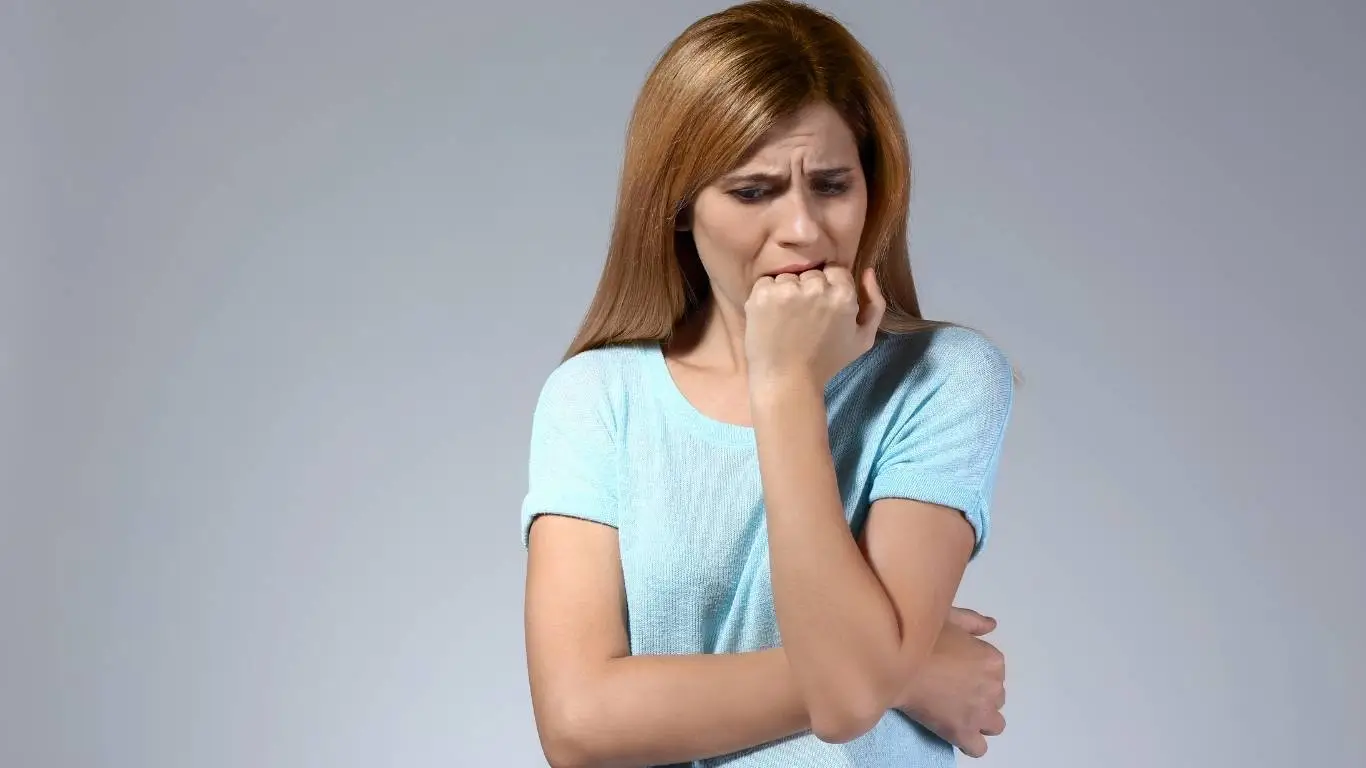
If you’re not sure where to start, pre-formulated herbal blends can be a helpful entry point. These are often created by herbalists or natural medicine brands to support specific concerns like anxiety, stress, or sleep.
What to Look for in a Quality Herbal Product
- Clear labeling: You should know exactly what herbs are included and in what dose.
- Standardized extracts: Especially for capsules, these help ensure consistent potency.
- Non-GMO and organic where possible: Purity matters in herbs that affect your nervous system.
- Alcohol-free options: Especially for tinctures if you’re sensitive to alcohol or avoiding it.
I personally found blends like “calm support” teas and nighttime tinctures to be a gentle gateway into the world of herbal care. Some of the best products come from companies that partner with herbalists and test for purity—look for brands like Gaia Herbs, Herb Pharm, and Organic India.
Supporting Your Nervous System Beyond Herbs

Here’s the truth that a lot of herbal blogs skip: Herbs are not the only answer. They’re one piece of the puzzle. If your lifestyle is overpacked, your sleep is wrecked, and your boundaries are nonexistent, no amount of passionflower is going to fix that.
What I’ve found most effective is weaving herbs into a broader anxiety support system. That includes:
- Daily movement: Walks, stretching, dance—anything that gets you out of your head and into your body.
- Mindful breathing or meditation: Just 5 minutes of stillness can reset your nervous system.
- Blood sugar regulation: Eating regularly and avoiding huge sugar swings helped me more than I expected.
- Therapy or journaling: Processing your thoughts externally can reduce the internal buildup.
- Digital boundaries: Turning off notifications, limiting doomscrolling, curating your feed—it’s all nervous system hygiene.
If you’re interested in a more holistic lifestyle that integrates these types of habits with herbal care, I highly recommend this broader guide on lifestyle and self-help strategies for anxiety.
You Deserve Options That Honor Both Science and Simplicity

There’s nothing flaky or “woo” about wanting to support your mental health with plants. In fact, many of these herbal remedies are supported by clinical research, traditional medicine systems, and most importantly—lived experience. The goal isn’t to replace your doctor. The goal is to feel more empowered in your own healing process.
Herbs helped me feel less helpless. They didn’t erase my anxiety, but they softened it. They created space between the thought and the spiral. Between the panic and the response. And that space? That’s everything.
If you’ve ever wondered whether natural anxiety care could work for you, this might be the permission you’ve been waiting for. You don’t have to do it perfectly. You just have to start where you are, with what you have, and build from there.

Camellia Wulansari is a dedicated Medical Assistant at a local clinic and a passionate health writer at Healthusias.com. With years of hands-on experience in patient care and a deep interest in preventive medicine, she bridges the gap between clinical knowledge and accessible health information. Camellia specializes in writing about digestive health, chronic conditions like GERD and hypertension, respiratory issues, and autoimmune diseases, aiming to empower readers with practical, easy-to-understand insights. When she’s not assisting patients or writing, you’ll find her enjoying quiet mornings with coffee and a medical journal in hand—or jamming to her favorite metal band, Lamb of God.

